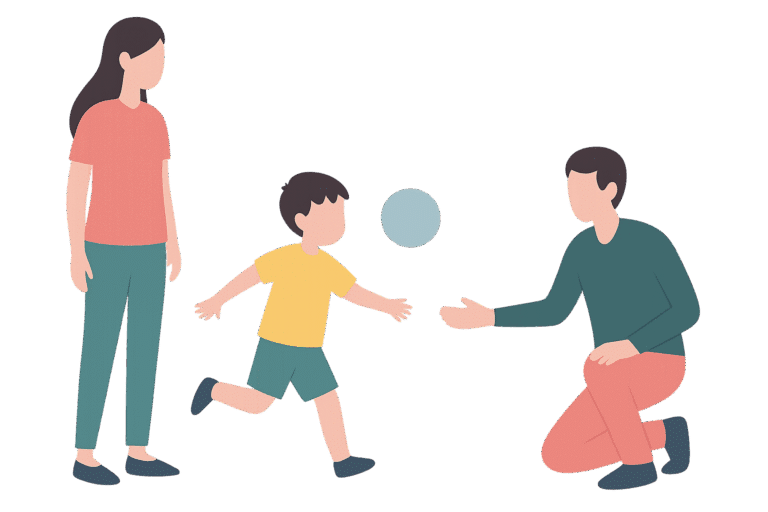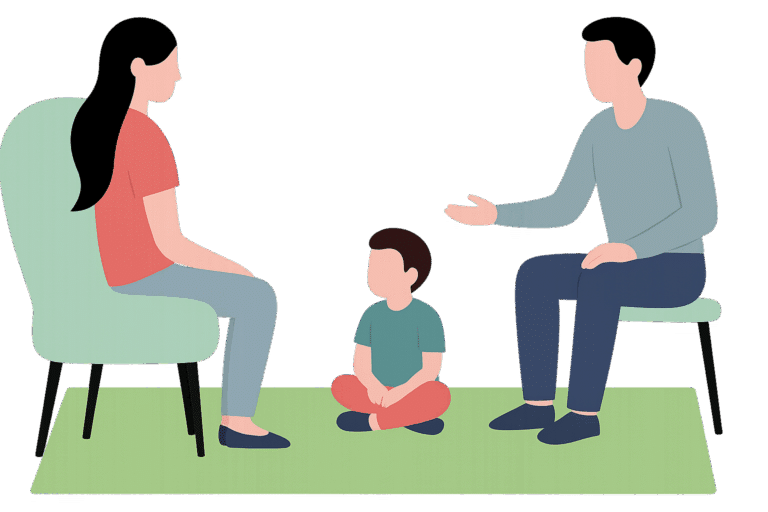ADHD, Autism, Dyslexia and Dyscalculia are all neurological conditions which can affect both children and adults. Because such conditions can have a significant impact on one’s daily life, obtaining an assessment is often the first step in finding the right support and guidance to manage one’s condition and achieve one’s full potential. Psychologists who form part of the paths team are highly knowledgeable and experienced in carrying out assessments for these conditions, as well as having thorough knowledge of related conditions.
Assessment
Autism Spectrum Disorder (ASD)
Estimated cost: €500-€650 (Depending on assessments required)

What is Autism?
Autism Spectrum Disorder (ASD) is a neurodevelopmental condition that affects how a person experiences and interacts with the world around them. It can influence social communication, flexibility of thinking, and behaviour, and may be associated with differences in sensory processing and focused interests. As autism exists on a spectrum, each individual’s strengths and challenges are unique, and the impact varies widely from person to person.
The paths Assessment Process for Autism Spectrum Disorder (ASD)
Initial Consultation
Clinical Interview
Autism Diagnostic Observation Schedule (ADOS)
Feedback Session
Talk to our team of professionals
Assessment
Attention Deficit Hyperactivity Disorder (ADHD)
Estimated cost: between €550-€600 (Depending on assessments required)
What is Attention-Deficit/Hyperactivity Disorder (ADHD)?
Attention-Deficit/Hyperactivity Disorder (ADHD) is a neurodevelopmental condition that affects attention, concentration, organisation, and impulse control. It can impact learning, relationships, and daily life, and may present differently across individuals. Some people experience difficulties focusing and completing tasks, while others may struggle with restlessness or impulsivity, and many experience a combination of these symptoms.

The paths Assessment Process for
Attention-Deficit/Hyperactivity Disorder (ADHD)
Initial Consultation
ADHD Screening Tools and Assessment
For children, this includes teacher and parent questionnaires such as the Conners Rating Scales and TEACH assessments, along with feedback from schools where relevant.
For adults, structured clinical tools such as the ACE (ADHD Child Evaluation) interview and, when appropriate, the Hayling and Brixton Tests are used to assess attention control and executive function.
When necessary, additional assessments may be included to provide a comprehensive understanding of the individual’s profile and to help differentiate ADHD from other overlapping conditions.
Feedback Session
Talk to our team of professionals
Assessment
Dyslexia
Estimated cost: €550

What is Dyslexia?
Dyslexia is a specific learning difficulty that primarily affects the skills involved in accurate and fluent word reading and spelling. It is typically characterised by difficulties with phonological awareness, verbal memory, and processing speed, which can impact literacy development despite adequate teaching and intellectual ability. Persons with dyslexia may also experience challenges in writing, organisation, and working memory.
The paths Assessment Process for Dyslexia
Initial Consultation
Standardised Cognitive Assessment
To gain a complete understanding of your child’s learning experience, we also gather feedback from their teacher. This includes observations of classroom performance, learning behaviours, and any interventions that have already been implemented.
Feedback Session
Talk to our team of professionals
Assessment
Dyscalculia
Estimated cost: €550
What is Dyscalculia?
Dyscalculia is a specific learning difficulty that affects the ability to understand and work with numbers. Children with dyscalculia may struggle with basic number sense, recognising quantities, understanding numerical relationships, recalling number facts, and performing arithmetic operations. These difficulties persist despite appropriate instruction and are not explained by general cognitive delays. Dyscalculia can significantly impact a child’s confidence and performance in school, particularly in mathematics-related subjects.

The paths assessment process for Dyscalculia
Initial Consultation
Standardised Cognitive Assessment
Targeted Mathematics Assessments
Feedback Session
Talk to our team of professionals
Assessment
Preschool Developmental Assessment
Estimated cost: €450

What is a Preschool Developmental Assessment?
This assessment is designed to provide a detailed understanding of a young child’s developmental profile, identifying both strengths and areas that may benefit from early support. At this age, timely assessment can be particularly valuable, as early intervention is most effective when the brain is developing rapidly and is most adaptable. The process involves a parental consultation to gather information about your child’s developmental history and concerns, a cognitive assessment (depending on age) to explore different aspects of cognitive functioning such as language development and visual skills, as well as feedback from other professionals involved in your child’s care, such as childcare personnel, speech and language therapists, or occupational therapists, to ensure a holistic view is captured.
The paths assessment process for Preschool Developmental Assessment
Initial Consultation
Standardised Cognitive Assessment
We also seek feedback from other professionals involved in your child’s care, such as childcare personnel, speech and language therapists, or occupational therapists, to ensure a holistic view is captured. If needed, a school or nursery observation may be arranged to better understand how your child engages in a group setting and responds to everyday learning and social opportunities.



